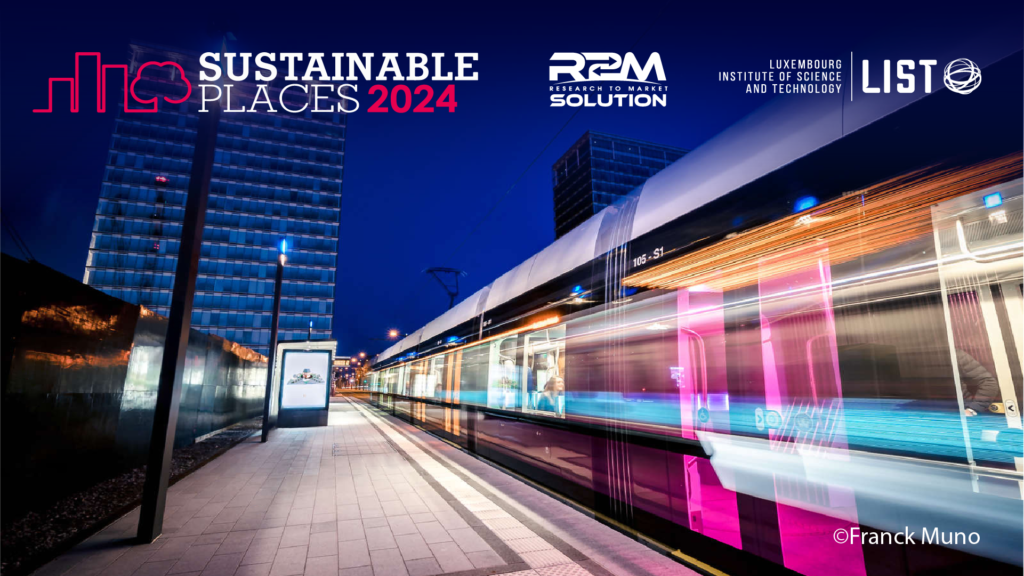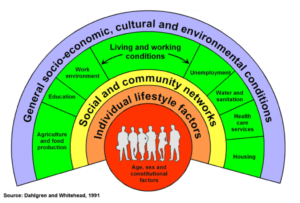Replication and Upscaling Methodology for Reducing Energy Poverty” Beril Alpagut, Demir Enerji
Tuesday 24 September 2024 | 14:00-15:30 | Briefing Room FR | Paper Session| Hybrid

Energy poverty refers to unhealthy living conditions and has a direct and negative impact on welfare. The fact that energy poverty depends on many factors necessitates the need for a comprehensive analysis of this issue. In this context, the H2020 project is developing a methodology to reduce energy poverty. Within this methodology, the design of the Solution Catalogue, which will be useful for studies on reducing energy poverty, is detailed.
Solution Catalogue aims to provide a detailed understanding of the challenges pilots might encounter before implementing the implementation and the barriers they face during the execution of actions. The goal is for the proposed solutions to offer guidance to other pilots involved in or considering similar projects when implementing their actions. The actions are categorized within the 4 Layers specified in the Social-Ecological Model of Social Determinants of Health (Dahlgren and Whitehead, 1991). The layers are outlined below:
- Layer 1: Individual Lifestyle Factors
- Layer 2: Social and Community networks
- Layer 3: Living and working conditions
- Layer 4: General socio-economic, cultural and environmental conditions

Based on the socio-ecological model and realistic assessment approach, the study designs a Solution Catalogue so that other studies can benefit from the actions identified to reduce energy poverty and its impacts on citizens’ health and well-being.
The steps followed to develop the Solution Catalogue are as follows:
- Identify the study area
- Identify actions to reduce energy poverty in the study area
- Identify the political, economic, social, technical, environmental, environmental, legal barriers and facilitating factors that may be encountered prior to implementation of the identified actions
- Identify the political, economic, social, technical, environmental, environmental, legal barriers and enablers to the implementation of the identified actions
- Elaboration of the solutions developed for barriers in the study area
- Design Solution Catalogue for actions for the benefit of other studies
While following these steps, workshops with pilot cities, focus meetings with other project coordinators who are members of the Urban Health Cluster, and meetings with relevant stakeholders were held to enrich the content. Thanks to the Solution Catalogue, it is expected that pilots involved in other projects related to energy poverty and public health will be able to implement their actions more efficiently, addressing the challenges they face during implementation. The research presented in this study was funded by the European Union’s Horizon 2020 program under grant agreement ID: 945097. The contents of this publication are the sole responsibility of the WELLBASED project owners and do not necessarily reflect the opinion of the European Union.
Session Chair:
Melda Karademir, Demir Enerji Consulting – Beril Alpagut, Demir Enerji Consulting
Workshop Chair: Sébastien Faye, LIST, Luxembourg Institute of Science and Technology
